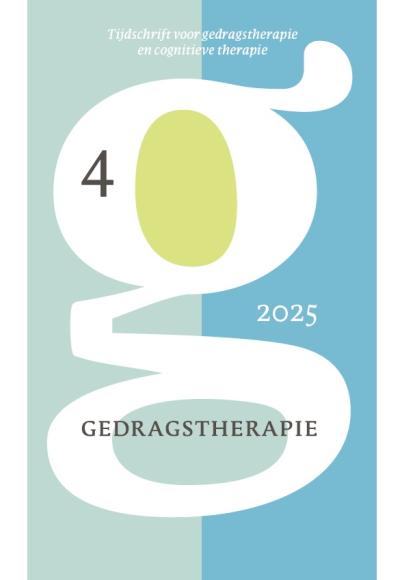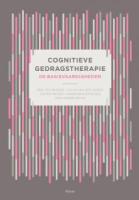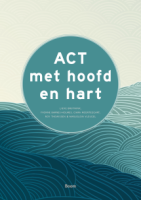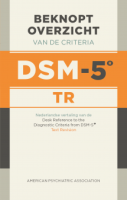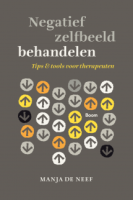Inhoud
'Eye-Movement-Desensitization' heeft geen effect op emotionele reactiviteit van 'normale' proefpersonen
Summary
'Eye Movement Desensitization' has no effect on the emotional reactivity of normal test subjects
Several single-case studies have suggested that posttraumatic stress symptoms and other anxiety-related problems can be successfully treated with one session of eye movement desensitization (EMD). Two experiments were carried out to examine whether EMD affects the emotional response of normal subjects. In the first experiment, subjects (N=40) were shown an aversive slide. Next, half of the subjects underwent EMD while they rehearsed the slide information, and the other half underwent a control procedure (i.e., finger tapping) while imagining the slide. Befere and after the intervention (i.e., EMD vs, finger tapping), heart rate and self-report data were obtained while subjects rehearsed the slide. No evidence was found to suggest that EMD reduced the emotional impact of the aversive slide. The second experiment was conducted along similar lines. However, this time subjects (N=28) rehearsed an embarrassing event that they had recently experienced. Furthermore, a cognitive 'reprocessing' component was added to the EMD procedure. Nevertheless, findings did notsupport the idea that EMD inhibits emotional reactivity to greater extent than finger tapping. Taken together, the results of both experiments are not encouraging; they suggest that placebo effects and demand characteristics may account for the spectacular success of EMD.
 © 2009-2025 Uitgeverij Boom Amsterdam
© 2009-2025 Uitgeverij Boom Amsterdam
De artikelen uit de (online)tijdschriften van Uitgeverij Boom zijn auteursrechtelijk beschermd. U kunt er natuurlijk uit citeren (voorzien van een bronvermelding) maar voor reproductie in welke vorm dan ook moet toestemming aan de uitgever worden gevraagd:
Behoudens de in of krachtens de Auteurswet van 1912 gestelde uitzonderingen mag niets uit deze uitgave worden verveelvoudigd, opgeslagen in een geautomatiseerd gegevensbestand, of openbaar gemaakt, in enige vorm of op enige wijze, hetzij elektronisch, mechanisch door fotokopieën, opnamen of enig andere manier, zonder voorafgaande schriftelijke toestemming van de uitgever.
Voor zover het maken van kopieën uit deze uitgave is toegestaan op grond van artikelen 16h t/m 16m Auteurswet 1912 jo. Besluit van 27 november 2002, Stb 575, dient men de daarvoor wettelijk verschuldigde vergoeding te voldoen aan de Stichting Reprorecht te Hoofddorp (postbus 3060, 2130 KB, www.reprorecht.nl) of contact op te nemen met de uitgever voor het treffen van een rechtstreekse regeling in de zin van art. 16l, vijfde lid, Auteurswet 1912.
Voor het overnemen van gedeelte(n) uit deze uitgave in bloemlezingen, readers en andere compilatiewerken (artikel 16, Auteurswet 1912) kan men zich wenden tot de Stichting PRO (Stichting Publicatie- en Reproductierechten, postbus 3060, 2130 KB Hoofddorp, www.cedar.nl/pro).
No part of this book may be reproduced in any way whatsoever without the written permission of the publisher.
Inloggen VGCt en VVGT
Leden van de VGCt en de VVGT loggen in via de site van hun vereniging. Als u op die site bent ingelogd als lid, vindt u daar een button naar het Tijdschrift voor Gedragstherapie.
English
Behavioral Therapy: Journal for Behavioral Therapy and Cognitive Therapy ISSN 0167-7454
Information in English can be found here.



